Unless an immediate solution is found, the issue of soaring fertiliser costs will not be resolved this year, Senator Tim Lombard told the joint Oireachtas committee on agriculture on Wednesday.
Lombard explained to Fabien Santini, deputy head of the European Commission’s governance of agri-food markets unit, that two-thirds of fertiliser in Ireland would be spread before June, stressing the urgency of the situation for Irish farmers.
“The issue of fertiliser – prices and availability – is a serious concern for the European Commission and our Commissioner for Agriculture Janusz Wojciechowski repeated it several times, including at the last council of agricultural ministers last Monday,” Santini stated in his opening remarks.
Anti-dumping
Much of the committee’s quizzing of Santini centred around the process of removing tariffs on fertilisers and the timeframe that such removals would take.
The committee was told that there is a clause under EU rules to allow for the temporary suspension of anti-dumping duties when it could be demonstrated that there will be no “damage” caused by their removal.
The anti-dumping duties on fertiliser sit at “between €30 and €40 per tonne” - depending on the particular fertiliser in question - and are set at a flat rate, to protect farmers from further price increases when the fertiliser markets trend upwards, Santini added.
The European umbrella farm organisation COPA-COGECA had called for the Commission to look into suspending anti-dumping duties in late 2021 and the last of the data required to analyse the effects of dropping these duties was received last Friday.
Lengthy procedures are still required to ensure that there is sufficient evidence to suggest that their removal would lower fertiliser prices, Santini said, and no timeline was given when the official was pressed by Sinn Féin TD Matt Carthy.
Additional tariffs
However, regular import tariffs would require an even more thorough process where a sector wished for their burden to be eased, as fertiliser had not been established as an “agricultural good” under trade agreements, the official went on.
He said that no member states had looked for regular tariffs to be removed and that it was not an intervention that could be made in the short term.
Santini stressed that as the EU was “70% to 90% self-sufficient in nitrogen fertilisers” the issue of tariffs and duties was not the main problem. Rather, it was the price of the raw material - gas.
Fertiliser costs
On opening the meeting, committee chair Jackie Cahill TD stated that fertiliser costs had increased 250% over the past year.
Santini quoted a similar figure, citing a 263% increase in the price of urea 12 months on from December 2020, which he said was taken from statistics provided by the World Bank.
Compound fertilisers were less affected by nitrogen prices, but the cost of phosphorous and potassium had also risen, as their manufacture is an energy intensive process, the committee heard.
The highest reported price increase in fertilisers came from Michael Collins TD, who stated that prices had quadrupled in his comments to the Commission official.




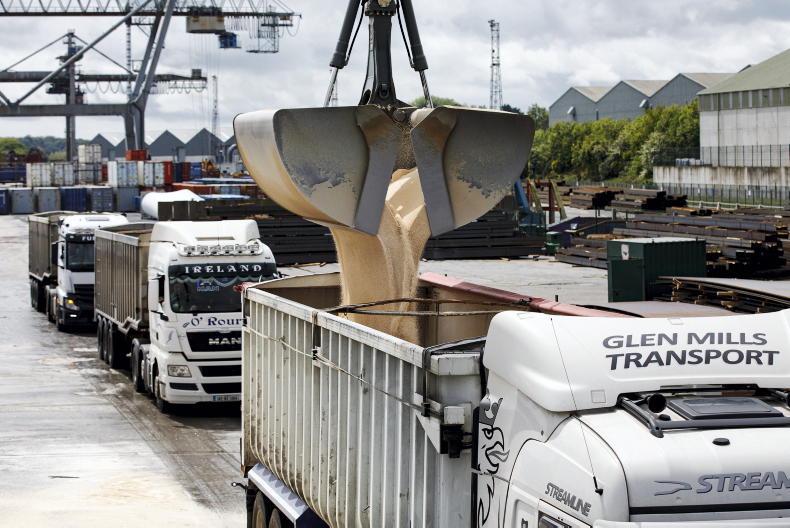
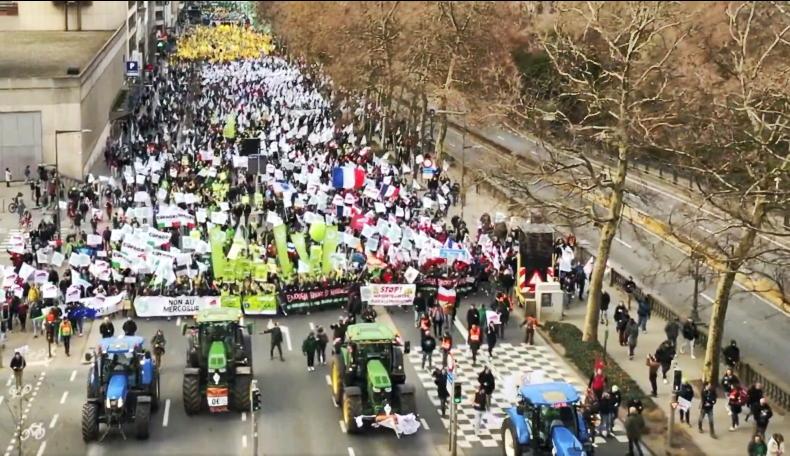

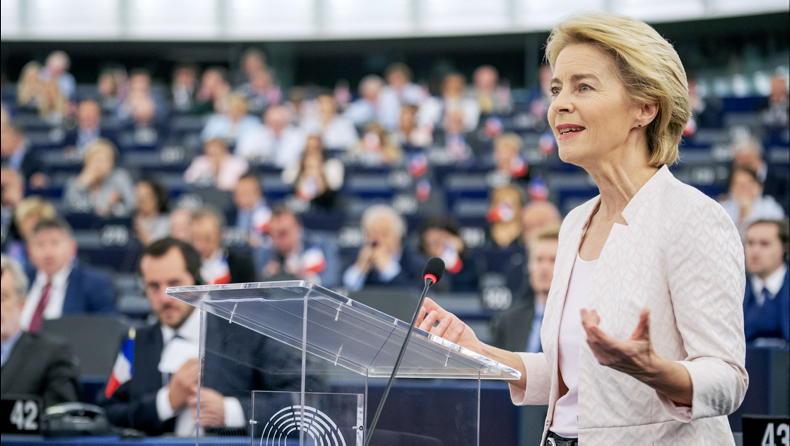
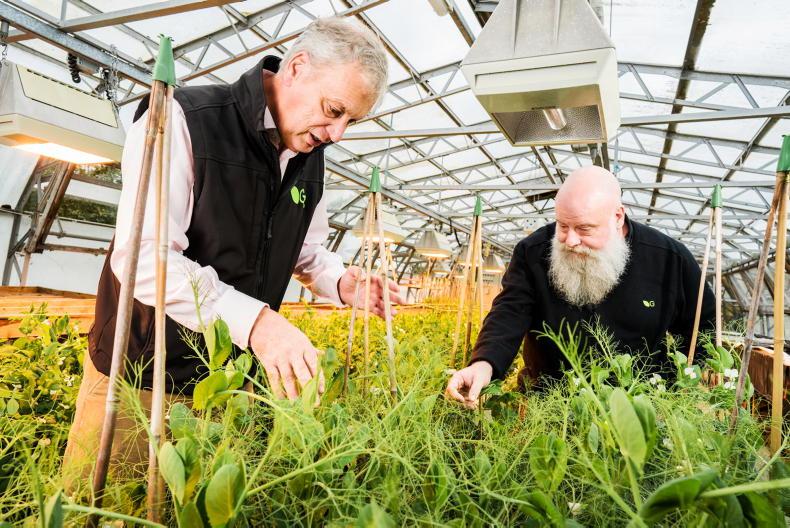
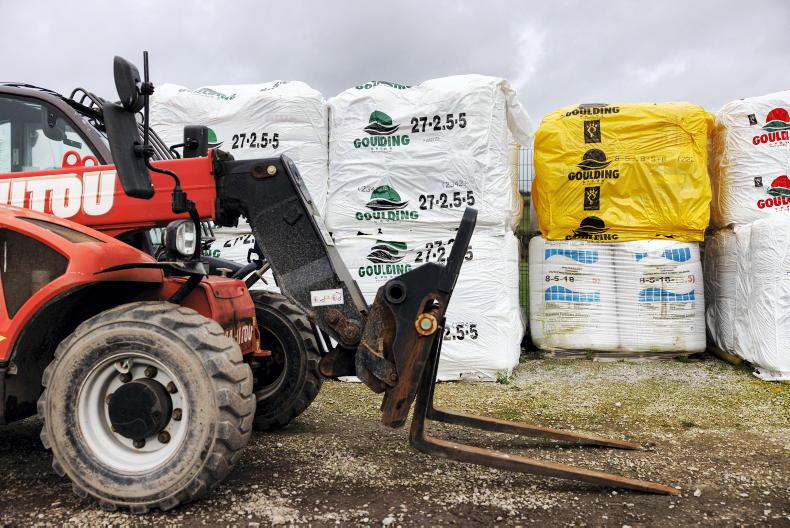
SHARING OPTIONS